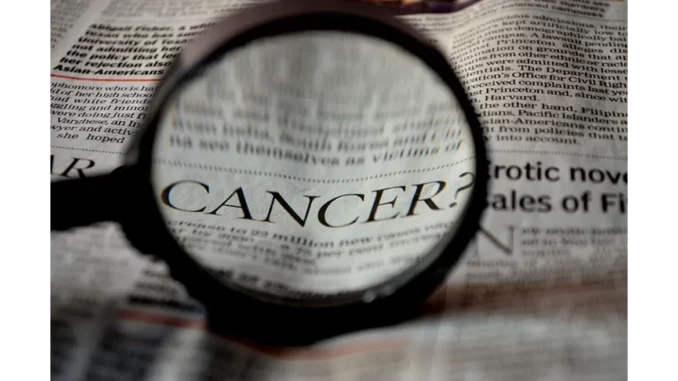
Amidst the vibrant backdrop of a bustling café in Seoul, I engaged in an enlightening dialogue with Ken Nesmith, the Chief Business Officer of Lunit Inc., a trailblazing South Korean firm at the forefront of AI-powered cancer diagnostics. Situated in a city synonymous with technological innovation, Ken embodied a blend of enthusiasm and calm as we explored the nuances of a pioneering partnership that has captured attention within the medical AI community.
Central to our discussion was Lunit’s recent alliance with AstraZeneca, a formidable name in the global biopharmaceutical sphere. This collaboration marks the first occasion a Korean medical AI entity has joined forces with a company of such stature in the AI-driven lung cancer diagnostics sector. This development represents not merely a milestone for Lunit but a significant leap forward for the Korean AI industry as a whole.
Ken elaborated on the importance of this partnership, stating, “Being selected as AstraZeneca’s exclusive partner for AI-powered diagnostics is a recognition of the cutting-edge technology we’ve been cultivating at Lunit. It underscores the dedication and innovation of our team in developing solutions that profoundly impact the medical field.” At the core of this collaboration is Lunit’s state-of-the-art AI software, particularly the Lunit SCOPE Genotype Predictor. This advanced tool scrutinises digitised tissue slide images to identify mutations in the epidermal growth factor receptor (EGFR) gene, a critical component in determining patients suitable for treatment with Tagrisso, AstraZeneca’s lung cancer medication. “The perennial challenge in lung cancer treatment has been the precise identification of patients who would benefit most from specific drugs like Tagrisso,” Ken explained. “Our AI technology not only accelerates this process but also significantly enhances accuracy.”
Historically, pharmaceutical giants like AstraZeneca have relied on next-generation sequencing (NGS) to detect genetic mutations—a method notorious for its expense and time-consuming nature. Ken highlighted that Lunit’s AI technology can predict mutations swiftly, in just five minutes, empowering physicians to make better-informed decisions about which patients require further testing. “This rapid and accurate approach was crucial in AstraZeneca’s choice to partner with us. The global bidding process was fiercely competitive, yet our ability to provide quick, precise results distinguished us,” he remarked with evident pride.
The collaboration with AstraZeneca is not only a significant achievement for Lunit but also holds immense potential for advancing lung cancer diagnostics. Moreover, Ken hinted at a broader vision where AI-powered diagnostics could be applied to other types of cancer, potentially transforming oncology practices worldwide. “The possibilities for our technology are extensive. We are continually exploring new horizons in cancer diagnostics,” he noted, suggesting a future where AI plays a central role across a spectrum of oncological challenges.
This partnership dovetails with Lunit’s strategic aim of broadening its reach in regions with insufficient cancer diagnostic technologies and infrastructure. The firm’s resolve to make its technology globally accessible was further strengthened by its acquisition of Volpara Health Technologies Ltd., a New Zealand-based AI software developer, earlier this year. “We are committed to ensuring our technology reaches regions in dire need, making early and accurate cancer detection a reality for patients everywhere,” Ken emphasised, underlining Lunit’s dedication to global health equity.
As our conversation drew to a close, I inquired about Ken’s vision for Lunit’s future and its role in the global medical AI landscape. “We see ourselves as pioneers, constantly pushing the limits of what AI can achieve in healthcare. Our partnership with AstraZeneca is merely the beginning. We are eager to witness how our technology will continue to revolutionise cancer diagnostics and, ultimately, improve patient outcomes,” he reflected.
As I departed from our meeting, a sense of optimism enveloped me regarding the potential impact of Lunit’s innovations. In a world where early and accurate diagnosis is vital to successful treatment outcomes, partnerships of this nature transcend mere business interests—they are fundamentally about saving lives.


Be the first to comment